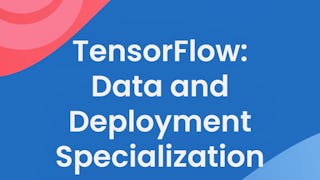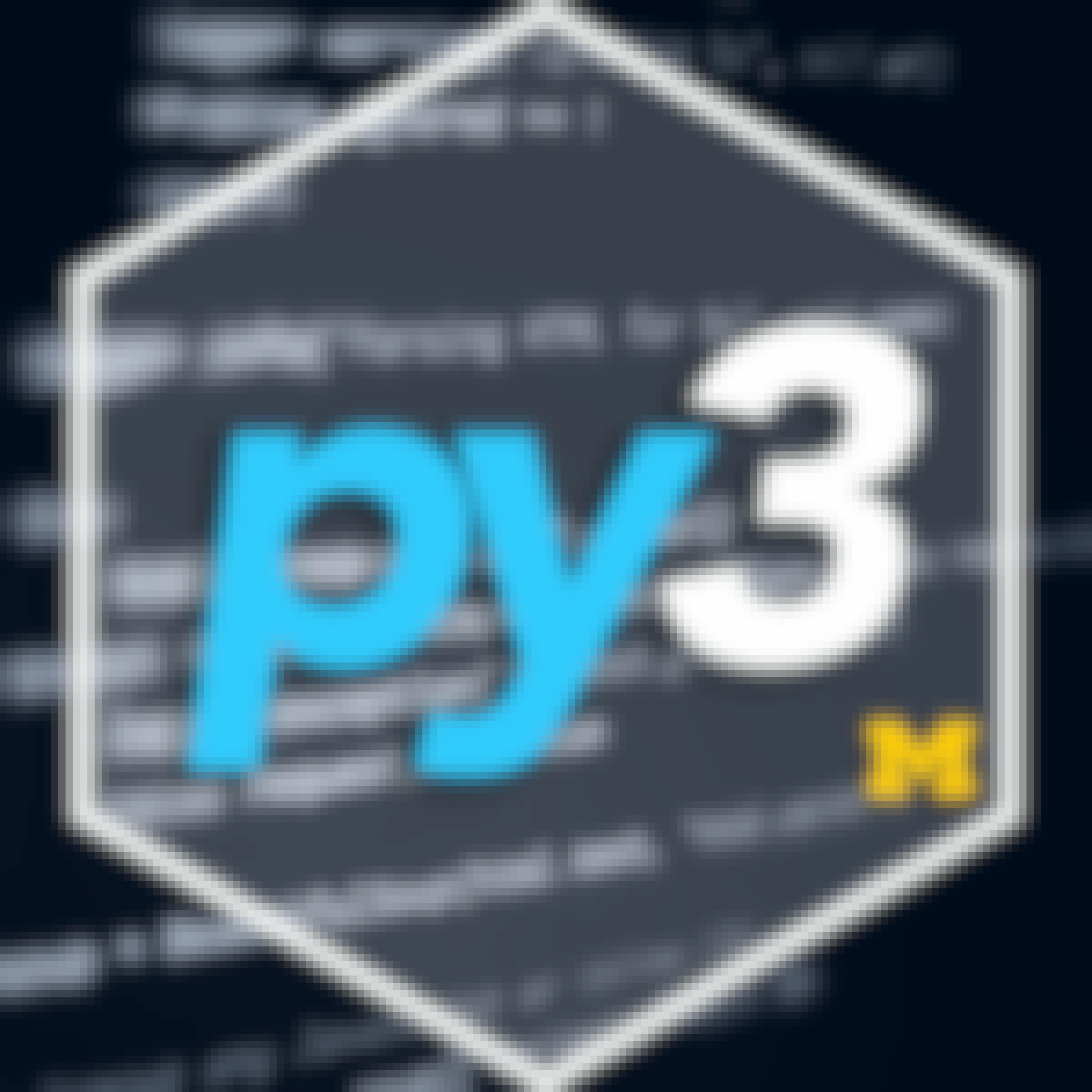Filter by
SubjectRequired
LanguageRequired
The language used throughout the course, in both instruction and assessments.
Learning ProductRequired
LevelRequired
DurationRequired
SkillsRequired
SubtitlesRequired
EducatorRequired
Explore the Financial Engineering Course Catalog

Insper
Skills you'll gain: Financial Statement Analysis, Financial Analysis, Capital Budgeting, Financial Accounting, Income Statement, Balance Sheet, Profit and Loss (P&L) Management, Return On Investment, Finance, Capital Expenditure, Financial Management, Accounting, Cash Flows, Cost Accounting, Expense Management, Operating Expense, Investments, Risk Analysis

The State University of New York
Skills you'll gain: Time Series Analysis and Forecasting, Forecasting, R Programming, Statistical Analysis, Data Analysis, Data Visualization, Mathematical Modeling, Statistical Modeling, Predictive Modeling, Correlation Analysis, Regression Analysis, Descriptive Statistics, Statistical Inference, Software Installation
 Status: Free Trial
Status: Free TrialUniversity of Minnesota
Skills you'll gain: Software Testing, JUnit, Verification And Validation, Unit Testing, Test Case, Test Automation, Development Testing, Test Planning, Code Coverage, Software Quality Assurance, Functional Testing, Testability, Integration Testing, Test Data, Issue Tracking

Technical University of Denmark (DTU)
Skills you'll gain: Semiconductors, Electrical Engineering, Electrical Power, Electronic Systems, Basic Electrical Systems, Emerging Technologies, Mathematical Modeling, Energy and Utilities, Environmental Issue, Simulation and Simulation Software, Manufacturing Processes, Systems Of Measurement, Engineering Calculations
 Status: Free Trial
Status: Free TrialDeepLearning.AI
Skills you'll gain: Extract, Transform, Load, Data Pipelines, Image Analysis, Data Import/Export, Tensorflow, iOS Development, Application Deployment, Android Development, Data Processing, Computer Vision, MLOps (Machine Learning Operations), Swift Programming, Feature Engineering, Mobile Development, Data Transformation, JSON, Applied Machine Learning, Data Sharing, Javascript, Deep Learning

Skills you'll gain: Court Systems, Legal Proceedings, Adjudication, Legal Strategy, Criminal Investigation and Forensics, Political Sciences, International Relations, Litigation and Civil Justice, Appeals, Case Law, Policty Analysis, Research, and Development
 Status: Free Trial
Status: Free TrialUniversity of California, Irvine
Skills you'll gain: Search Engine Marketing, Business Planning, Financial Statements, Keyword Research, Business Strategy, Digital Marketing, People Development, Strategic Leadership, Online Advertising, Search Engine Optimization, Leadership and Management, Content Marketing, Leadership Development, Accounting, Cash Flows, Financial Forecasting, Income Statement, Organizational Strategy, Profit and Loss (P&L) Management, Social Media Strategy

Georgia Institute of Technology
Skills you'll gain: Mechanics, Mechanical Engineering, Engineering Analysis, Structural Engineering, Engineering, Physics, Civil Engineering, Calculus, Mathematical Modeling
 Status: Free Trial
Status: Free TrialUniversity at Buffalo
Skills you'll gain: Digital Transformation, Manufacturing Processes, Manufacturing Operations, Industrial Engineering, Business Transformation, Digital Design, Data-Driven Decision-Making, Product Lifecycle Management, Supply Chain, Market Dynamics, Safety and Security, Workforce Development

Coursera Project Network
Skills you'll gain: Data Science, Web Development, Python Programming, Programming Principles, Artificial Intelligence, Computational Thinking, Computer Programming, Application Development, Scientific Visualization
 Status: Free Trial
Status: Free TrialUniversity of Michigan
Skills you'll gain: Object Oriented Programming (OOP), JSON, Object Oriented Design, Unit Testing, Python Programming, Maintainability, Debugging, Software Testing, Data Structures
 Status: Free Trial
Status: Free TrialSkills you'll gain: Payroll, Payroll Administration, Payroll Processing, Payroll Tax, Sales Tax, Balance Sheet, Accounting, Accounts Payable, Financial Accounting, General Accounting, Equities, Bookkeeping, General Ledger, Mortgage Loans, Loans, Tax Compliance
Financial Engineering learners also search
In summary, here are 10 of our most popular financial engineering courses
- Administração Financeira: Insper
- Practical Time Series Analysis: The State University of New York
- Introduction to Software Testing: University of Minnesota
- Introduction to solar cells: Technical University of Denmark (DTU)
- TensorFlow: Data and Deployment: DeepLearning.AI
- International Law In Action: Investigating and Prosecuting International Crimes: Universiteit Leiden
- Introduction to Business: University of California, Irvine
- Engineering Systems in Motion: Dynamics of Particles and Bodies in 2D Motion: Georgia Institute of Technology
- Digital Manufacturing & Design: University at Buffalo
- Introduction to Python: Coursera Project Network










